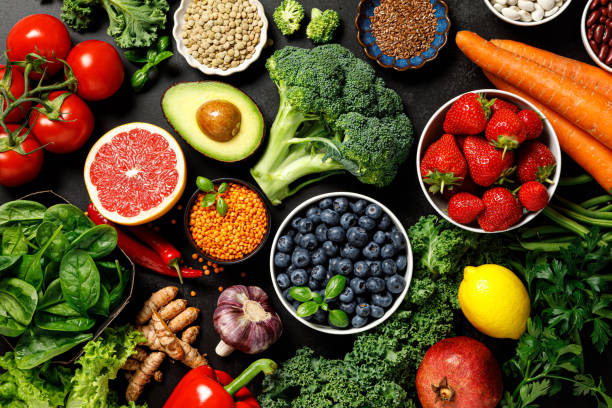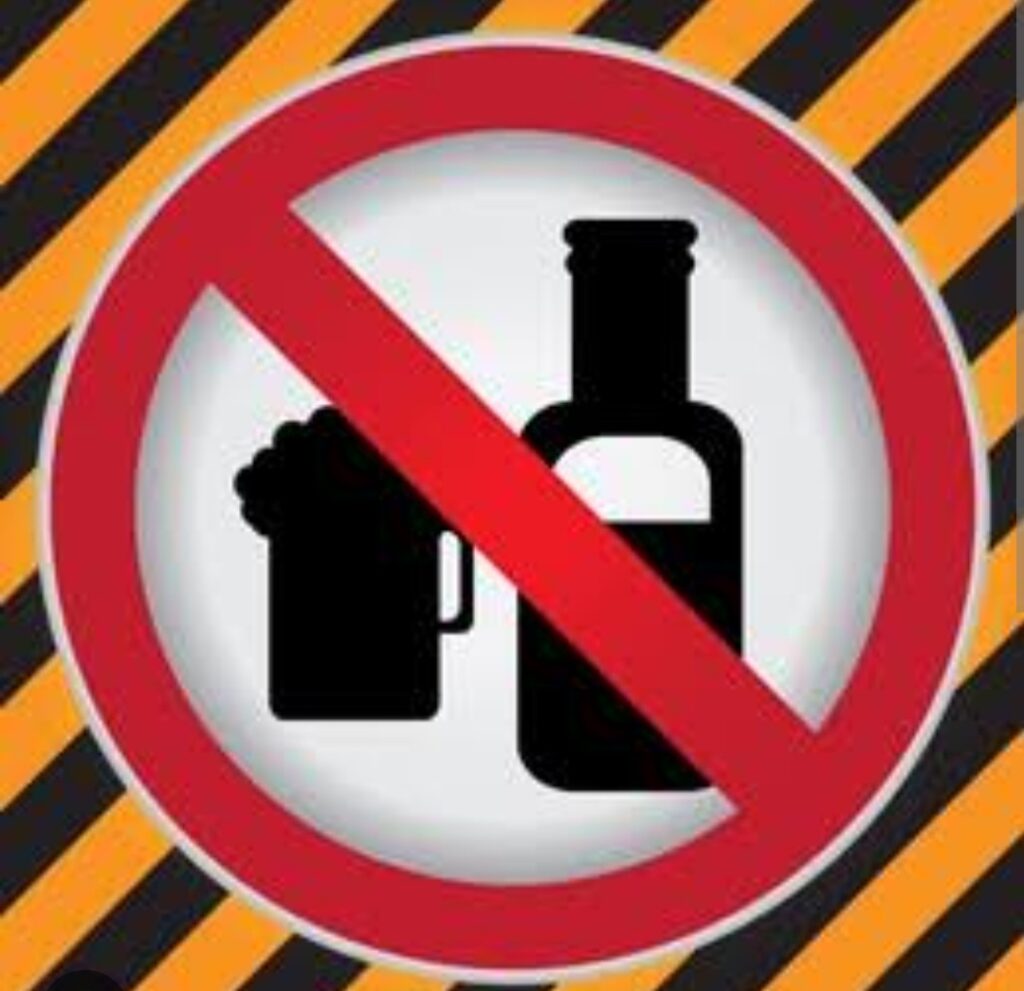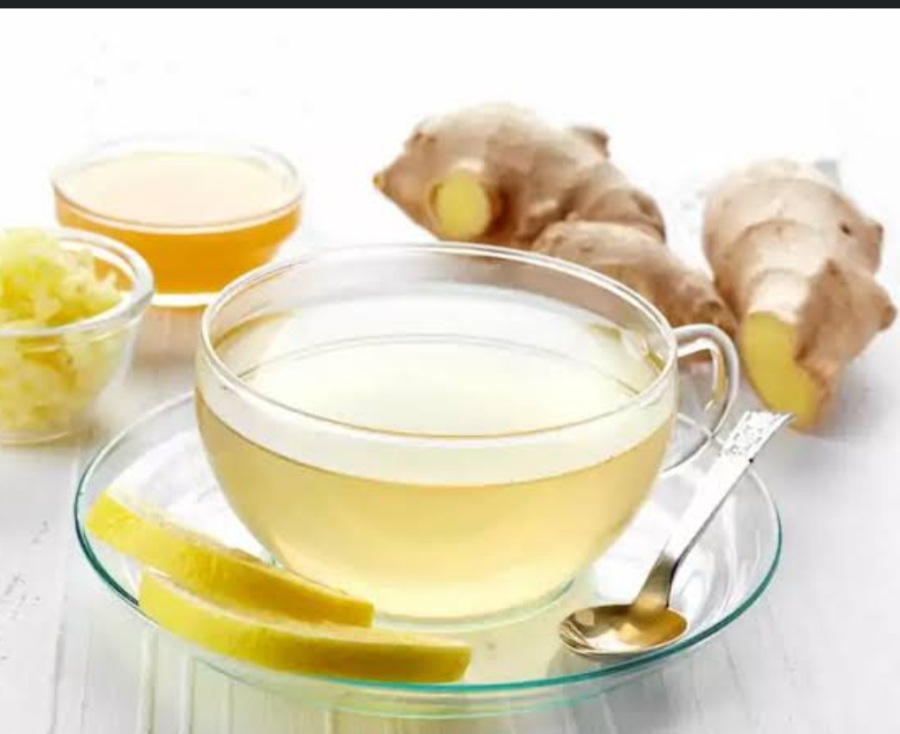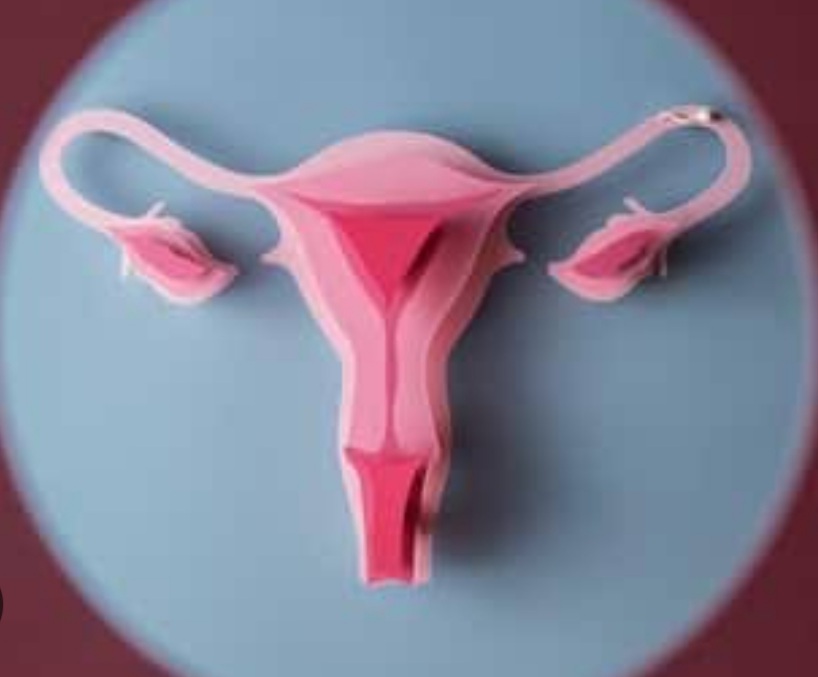Cervical cancer is a serious health concern worldwide, affecting thousands of women every year. While lifestyle factors, including sexual health, genetics, and environmental exposures, contribute to its development, nutrition can play a crucial role in both the prevention and treatment of cervical cancer. It is essential to understand how food choices can support immune function, reduce cancer risk, manage treatment side effects, and improve overall well-being.
Nutritional Support for Cervical Cancer Prevention

Diet plays an essential role in maintaining overall health and preventing chronic diseases, including cervical cancer. By consuming a nutrient-rich diet, individuals can support their immune system, prevent cellular damage, and reduce the risk of cancer development.
Foods to Include for Cervical Cancer Prevention
Antioxidant-Rich Fruits and Vegetables
These foods help neutralize free radicals and reduce oxidative stress, which can cause cellular damage and contribute to cancer development.
Foods to Include: Citrus fruits like oranges and lemons, berries (blueberries, strawberries, raspberries), leafy greens (spinach, kale), carrots, tomatoes, and bell peppers.
Folate-Rich Foods
Folate is a B-vitamin essential for DNA repair and cellular health. Low levels of folate may increase the risk of cervical cancer.
Foods to Include: Leafy greens (spinach, kale), lentils, beans, asparagus, and fortified cereals.
Cruciferous Vegetables
Vegetables like broccoli, cauliflower, and Brussels sprouts contain compounds that help detoxify the body and may lower the risk of cancer.
Foods to Include: Broccoli, cabbage, cauliflower, Brussels sprouts, and kale.
Garlic and Ginger
Both garlic and ginger are known for their anti-inflammatory and immune-boosting properties, which can reduce the risk of cancer.
Foods to Include: Fresh garlic, ginger tea, and adding both into everyday cooking.
Green Tea
Green tea contains catechins, antioxidants that can prevent cancer cell growth and reduce inflammation.
Foods to Include: Drink green tea (unsweetened), or add it to smoothies and baked goods.
Foods to Avoid for Cervical Cancer Prevention

Processed Meats and Red Meat
Diets high in red and processed meats have been linked to an increased risk of developing various cancers, including cervical cancer.
Foods to Avoid: Sausages, bacon, hot dogs, deli meats, and red meats like beef and pork.
Refined Sugar and Carbohydrates
Refined sugars and carbs can lead to inflammation and insulin resistance, factors that may promote cancer cell growth.
Foods to Avoid: Sugary snacks, sodas, pastries, and white bread.
Alcohol
Alcohol consumption has been shown to increase the risk of several cancers, including cervical cancer, and can weaken the immune system.
Foods to Avoid: Excessive alcohol consumption and sugary alcoholic drinks.
Artificial Sweeteners
Some studies suggest that artificial sweeteners could affect gut health and metabolism, potentially increasing cancer risk.
Foods to Avoid: Diet sodas, sugar-free gum, and foods containing artificial sweeteners like aspartame and sucralose.
Dietary Recommendations During Cervical Cancer Treatment

Cervical cancer treatments, including chemotherapy, radiation, and surgery, often lead to side effects like nausea, fatigue, and loss of appetite. A well-balanced diet is crucial during treatment to maintain strength, support recovery, and manage these side effects.
Nutritional Focus During Treatment
Protein for Tissue Repair
Protein is vital for healing and immune function, especially during cancer treatments.
Foods to Include: Lean meats, fish, eggs, tofu, beans, legumes, dairy, and nuts.
Hydration
Staying hydrated is essential to combat caused by treatment side effects like vomiting and diarrhea.
Hydration Options: Water, herbal teas (like ginger or peppermint), coconut water, and homemade broths.
Small, Frequent Meals
Many cancer patients experience a loss of appetite. Eating smaller meals more frequently can help meet calorie and nutrient needs without overwhelming the digestive system.
Meals to Include: Smoothies with protein powder, fruits, and vegetables; light soups; and stews made with lean proteins and vegetables.
Anti-Inflammatory Foods
Inflammation often increases during cancer treatments. Anti-inflammatory foods can help alleviate this and promote healing.
Foods to Include: Turmeric, ginger, leafy greens, berries, flaxseeds, and fatty fish like salmon and sardines.
Probiotics and Gut Health
Chemotherapy and radiation can damage gut bacteria, leading to digestive issues. Probiotics can help support gut health and boost immunity.
Foods to Include: Yogurt, kefir, kimchi, sauerkraut, miso, and other fermented foods.
Managing Side Effects with Food
- Nausea: Ginger tea, peppermint, and bland foods like crackers or plain rice can help soothe nausea.
- Fatigue: Iron-rich foods such as spinach, beans, and fortified cereals can help combat fatigue.
- Loss of Appetite: High-calorie, nutrient-dense foods such as avocado, smoothies, and protein shakes are ideal for maintaining caloric intake without overwhelming the stomach.
Nutrition plays an essential role in both the prevention of cervical cancer and the support of patients undergoing treatment. By focusing on antioxidant-rich foods, anti-inflammatory ingredients, and immune-boosting nutrients, women can help reduce their risk of cervical cancer while also managing the side effects of treatment. Additionally, avoiding processed meats, refined sugars, and alcohol can further help lower cancer risk.
A dietitian provides personalized guidance to ensure a nutrient-rich diet tailored to your needs, helping reduce the risk of cervical cancer and supporting overall health. Their expertise ensures balanced nutrition, boosts immunity, and manages potential deficiencies effectively.


